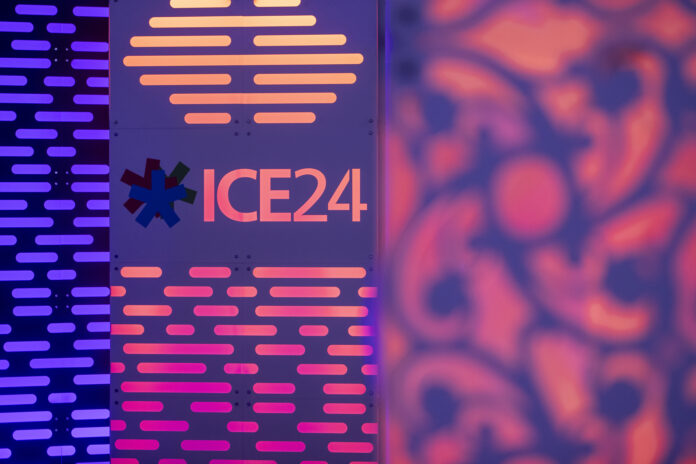The latest ICE Annual Benchmarking Research Report, produced in collaboration with Cvent, has revealed concerning trends amongst corporate event professionals regarding the adoption of sustainable event practices. A mixture of knowledge, cost and time, all taking their toll on organisers.
The report, based on survey responses from event planners in the UK, Germany, and the US, found that, despite cross industry emphasis on eco-friendly practices, corporate event creators are still struggling to incorporate sustainability into their planning process for events, 70.2% citing cost as the biggest barrier. Lack of resources and knowledge are also significant challenges, with 54.4% and 45.6% of respondents respectively citing these as barriers to sustainable event planning.
At the same time, the ICE report highlights a growing shift towards artificial intelligence (AI) adoption, with 41% of planners already integrating AI into their workflows.
The report underlines the varying degrees of sophistication with the use of AI technology, the most common application was in content generation, with 84% of users leveraging AI for this purpose. Additionally, 32.4% of planners use the technology to streamline logistics and planning, while 30% employ it for data analysis and insights. AI is also beginning to influence the personalisation of delegate experiences, with 22% of planners using it to tailor experiences to attendees’ needs.
“It’s really important to underline that ICE members are, on the whole, utterly committed to sustainability and many are leading the way on sustainable practises. But it’s our belief that these latest results are concerned with the continual evolution of green practices and the confusion around lots of varying steps to achieve more sustainable events,” commented Anita Howard, Founder & CEO, ICE. “It’s not about starting the journey, it’s about having the time, budget and clear knowledge to progress it.”
On the topic of AI, Felicia Asiedu, Cvent Marketing Director for Europe, commented: “The uptick in adoption of AI across the industry is really positive for the sector, in particular its use as a tool to analyse data and subsequently use those insights to help organisers create more personalised delegate experiences. Although the number of respondents using it for these purposes is still low when compared to content generation, these users are making the most of one of AI’s greatest opportunities. The more we can personalise an attendee experience, the more engaging it is for individual audience members, which in turn leads to greater outcomes such as enjoyment, knowledge retention, beneficial networking and personal growth. This is one of the most exciting opportunities for our sector, which we look forward to seeing develop over the months and years ahead.”
The report also highlights other key metrics event planners are using to measure success, with attendee satisfaction (93.5%) and post-event surveys (76.1%) topping the list. However, the data suggests that many planners are still not fully harnessing the commercial potential of their events, with 41.3% stating they only occasionally seek commercial outcomes, and another 41.3% doing so regularly.
In addition to AI, event planners are increasingly relying on various event technologies, including platforms for event registration (used by 90.9% of respondents), hybrid event solutions (74.5%), and web-streaming (72.7%). Emerging technologies like ChatGPT (43.6%) and augmented reality (16.4%) are starting to make their mark, though their full potential has yet to be realized across the industry.
“This year’s findings reflect a step change in the way events are planned and delivered,” continued Anita. “AI is transforming how we think about event content, logistics, and even how we measure success. But it’s essential that as we embrace technological innovation, we don’t lose sight of our environmental responsibilities.”
“It’s clear that more needs to be done to provide planners with the resources and knowledge they need to make sustainability a standard practice, rather than an afterthought,” concludes Anita.












